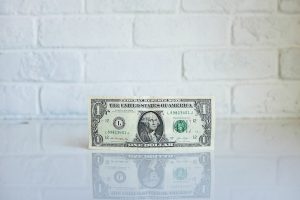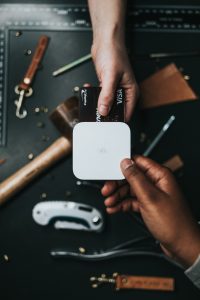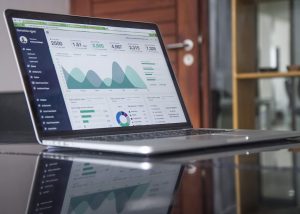In the world of foreign exchange (forex) trading, trades are made between two parties: the buyer and the seller. In order for a trade to be executed, there must be a matching entity that brings these two parties together. This entity is known as a broker, and it is essential for any trader looking to engage in forex trading.
A forex broker is a financial institution or individual that acts as an intermediary between buyers and sellers of currencies. Its primary function is to facilitate trades and provide access to the forex market. Brokers typically earn their income through a commission or a spread, which is the difference between the bid and ask price of a currency pair.
One of the primary roles of a forex broker is to match buyers and sellers. When a trader places an order to buy or sell a currency pair, the broker searches for a matching order from another trader. This process is known as order matching, and it is essential for ensuring that trades are executed efficiently and at the best possible price.
In order to match trades, brokers use a variety of systems and technologies. Some brokers use an electronic communication network (ECN), which is a computerized system that connects buyers and sellers directly. ECNs are popular among institutional traders and high-frequency traders because they offer fast execution speeds and low transaction costs.
Other brokers use a dealing desk model, which means that they act as the counterparty to their clients’ trades. In this model, the broker matches trades internally, using its own liquidity pool. Dealing desk brokers typically offer fixed spreads and may charge additional fees for certain services.
Regardless of the model used, it is important for brokers to have a deep pool of liquidity in order to match trades effectively. Liquidity refers to the ability to buy or sell an asset quickly and at a fair price. In the forex market, liquidity is provided by banks, financial institutions, and other market participants.
Brokers can access liquidity through a variety of means, including direct relationships with liquidity providers, aggregation of multiple liquidity sources, and use of ECNs. Some brokers also offer liquidity to other brokers, which allows them to earn additional income.
In addition to order matching, forex brokers provide a range of other services to traders. These may include educational resources, market analysis, trading tools, and customer support. Some brokers also offer trading platforms that allow traders to access the forex market directly.
When choosing a forex broker, traders should consider a number of factors, including reputation, regulation, trading conditions, and customer support. It is important to choose a broker that is reputable and trustworthy, as the forex market is largely unregulated and there are many scams and fraudulent brokers.
Traders should also look for a broker that offers competitive trading conditions, including low spreads, fast execution speeds, and access to a wide range of currency pairs. Customer support is also important, as traders may need assistance with their accounts or trades at any time.
In conclusion, a forex broker is the entity that is required to match trades in the forex market. Its primary function is to facilitate trades between buyers and sellers, using a variety of systems and technologies. When choosing a forex broker, traders should consider a number of factors, including reputation, regulation, trading conditions, and customer support.





